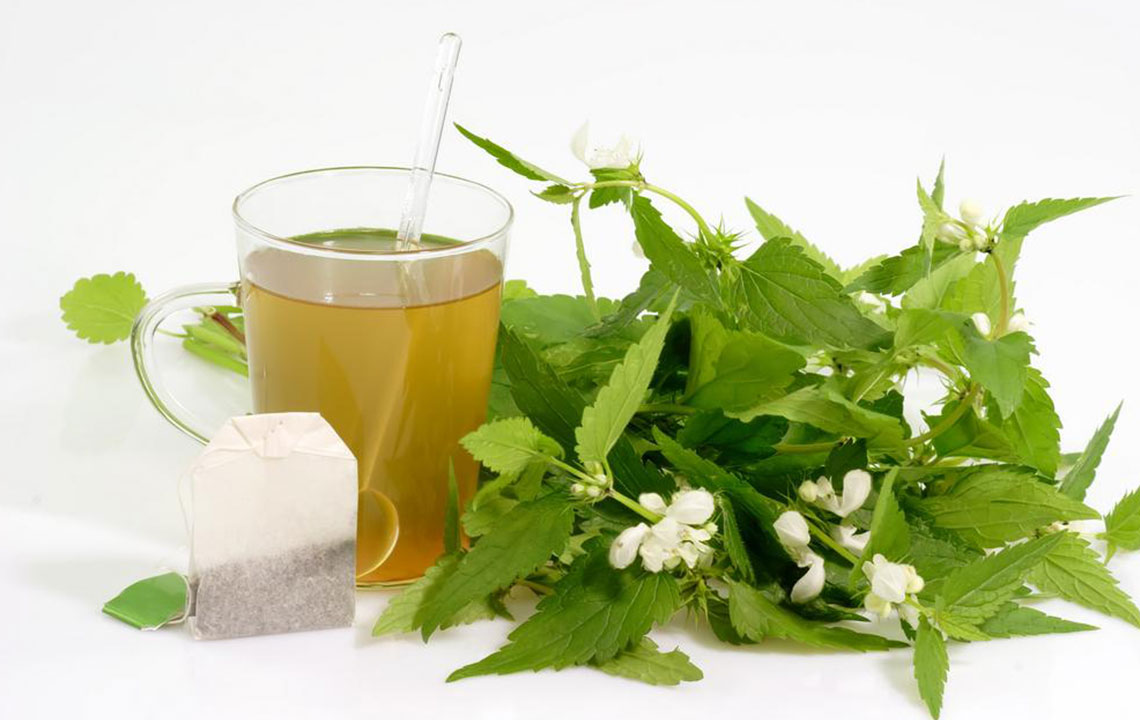Comprehensive Winter Skincare Guide: Tips to Protect and Nourish Your Skin During Cold Months
This detailed winter skincare guide offers essential tips to protect and nourish your skin during cold months. Learn about hydration, gentle cleansing, natural remedies, clothing choices, and diet strategies to maintain healthy, glowing skin despite harsh weather conditions. Expert advice helps prevent dryness, irritation, and skin problems like eczema, ensuring your skin stays smooth, radiant, and comfortable all winter long.

Comprehensive Winter Skincare Guide: Tips to Protect and Nourish Your Skin During Cold Months
The winter season, characterized by cold temperatures, low humidity, and bitter winds, presents unique challenges for maintaining healthy, vibrant skin. As temperatures drop, many individuals notice their skin becoming exceptionally dry, tight, and flaky. These symptoms often manifest as irritation, redness, or small patches of white spots, particularly on sensitive areas such as the neck, hands, and face. The dull complexion and discomfort caused by these skin issues can severely impact one's confidence and overall well-being. Addressing these problems requires understanding the underlying causes and adopting effective skincare routines tailored for winter conditions.
One of the primary reasons for winter skin problems is dehydration. Cold air lacks moisture, which leads to the evaporation of natural oils on the skin's surface. Additionally, indoor heating systems dehumidify the air further, exacerbating dryness. Natural aging processes and genetic factors can also influence skin's resilience, making some individuals more prone to severe dryness and irritation. Therefore, protecting the skin from these environmental stressors is essential for maintaining its health and appearance throughout the chilly months.
Proper hydration plays a crucial role in preserving skin moisture and elasticity. Incorporating a robust skincare routine that emphasizes hydration and gentle cleansing can make a significant difference. Using high-quality moisturizers infused with nourishing ingredients such as ceramides, hyaluronic acid, or glycerin helps repair the skin’s moisture barrier. Look for products like Eucerin, Curel, or similar brands known for their hydrating and barrier-repairing properties. Applying these immediately after bathing or washing your face ensures better absorption and effectiveness.
Gentle exfoliation is another vital aspect of winter skincare. Natural exfoliants containing alpha hydroxy acids (AHAs) can slough away dead skin cells without causing irritation. For example, face masks or scrubs with papaya, milk, almonds, honey, avocado, or coconut oil promote cell renewal and boost skin moisture. Regular but mild exfoliation helps maintain a smooth, radiant complexion while preventing buildup that can dull the skin.
Avoid harsh soaps and detergents that strip away natural oils. Instead, opt for mild, fragrance-free cleansers designed for sensitive skin. Limiting hot showers—ideally under ten minutes—also prevents stripping the skin of its essential oils, which can lead to excessive dryness. Instead of space heaters, which can dry out the air further, use humidifiers at home to maintain optimal indoor humidity levels, enhancing skin hydration.
Clothing choices significantly impact skin health during winter. Wearing natural fabrics like silk, cotton, or leather helps prevent skin irritation and allows the skin to breathe. Additionally, covering exposed areas with scarves, gloves, and thermal wear reduces the risk of irritation and chapping. It’s advisable to layer clothing appropriately to minimize direct contact with harsh winter elements.
Nutrition and hydration are integral components of healthy winter skin. Consuming foods rich in omega-3 fatty acids, such as walnuts, salmon, and broccoli, helps reinforce the skin's natural barrier and maintain suppleness. Drinking plenty of water remains essential; aim for at least eight glasses daily to stay well-hydrated. Supplements like vitamin E and antioxidants can also support skin repair and combat oxidative stress induced by cold weather.
If persistent dryness, redness, or irritation occurs, consulting a dermatologist is highly recommended. Conditions like eczema or psoriasis may require specialized treatments and medicated creams. Early intervention can prevent these issues from worsening and keep the skin smooth and resilient during winter.
Implementing these comprehensive skincare tips ensures your skin stays healthy, soft, and luminous despite the challenging winter climate. Remember, consistency is key—regularly following these routines will help your skin adapt and thrive throughout the colder months, leaving you with a radiant glow and a comfortable, irritation-free complexion.
Winter skincare
Hydration tips
Natural remedies
Skin protection





